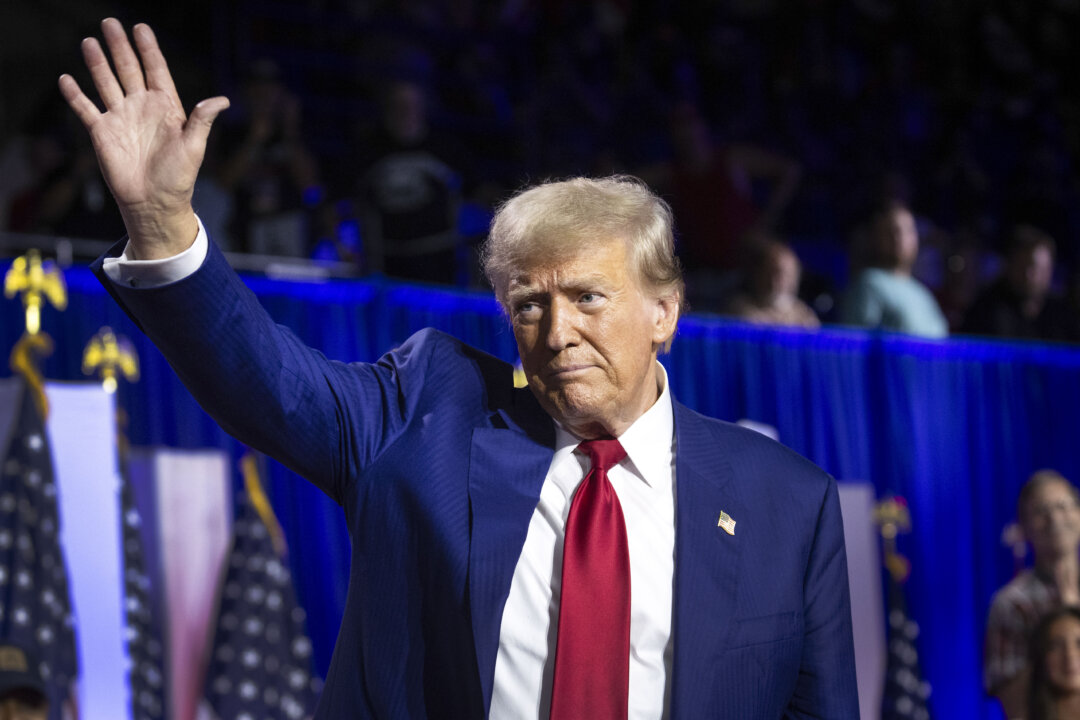The timeline is unclear, with both parties disputing how the pretrial process should continue.
Former President Donald Trump’s election interference case is expected to resume with a status conference on Sept. 5 after months of delay related to his appeal based on presidential immunity.
Despite the Supreme Court issuing a landmark precedent in Trump v. United States in July, it’s likely the case will proceed with further debate about the scope of Trump’s immunity for acts taken roughly four years ago. A majority of the Supreme Court held that presidents enjoy certain levels of immunity for official acts.
The status conference will help determine how the parties will continue pretrial proceedings, which started around the same time last year, and wrestle with how to proceed with special counsel Jack Smith’s superseding indictment, which he filed in August.
A joint status report by both parties was filed on Aug. 30 and showed the two sides disagreeing over the timeline for presenting legal objections and evidence.
The report also indicated that Trump would file additional motions to dismiss. That included one based on the idea that the grand jury that returned the superseding indictment was wrongly exposed to immune conduct. Trump has requested that he be able to challenge that indictment before any substantive proceedings.Trump has already said that he would plead not guilty to a superseding indictment.
The new indictment removed a portion of the original focused on Trump’s interactions with the Justice Department, something for which the Supreme Court majority in Trump v. United States said he was immune.
For example, Smith left in place information about Trump’s interactions with former Vice President Mike Pence, ensuring further litigation over the new indictment and what Trump would face in an eventual trial.
Trump has already indicated he won’t be present for the arraignment, filing a waiver that U.S. District Judge Tanya Chutkan accepted on Sept. 3.
Based on the joint status report, both sides could debate the DOJ’s application of the Sarbanes-Oxley Act, the financial reform law that has been applied to Jan. 6 defendants, including Trump.
In Fischer v. United States, a Supreme Court majority held that the special counsel had to do more to adequately allege defendants violated a section related to obstructing official proceedings. The Aug. 30 report states that Trump may move to dismiss the case based on Fischer.
The status report filed on Aug. 30 showed that the special counsel and Trump’s attorneys disagree over when to introduce evidence. Smith wasn’t specific on dates but asked that the court allow a briefing schedule for Trump’s various motions that would run parallel with a schedule for immunity briefings.
“The Government does not see a reason to delay immunity determinations and other pretrial litigation to separately address the defense’s pending or proposed discovery motions,” the status report reads.
Trump, meanwhile, argued that the case should end based on legal issues and proceed with evidentiary submissions if necessary. His proposed schedule wouldn’t see a potential trial start date until next spring.
“Fully considering, researching, briefing, and resolving each of these potential motions will take considerable time and resources,” the status report reads.

